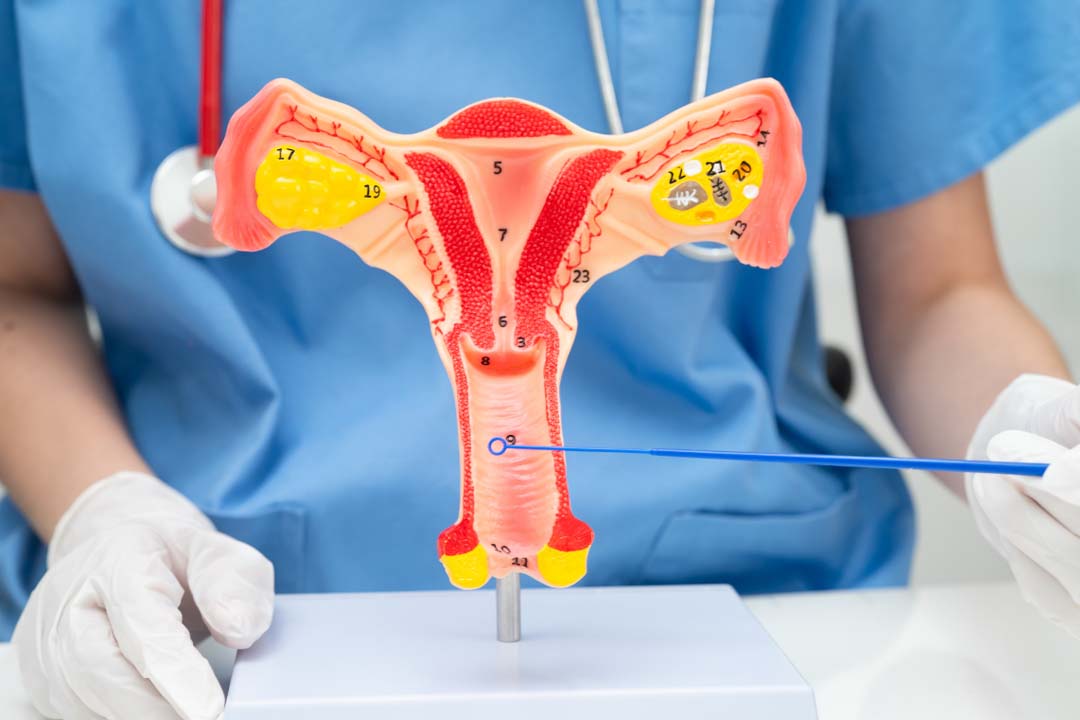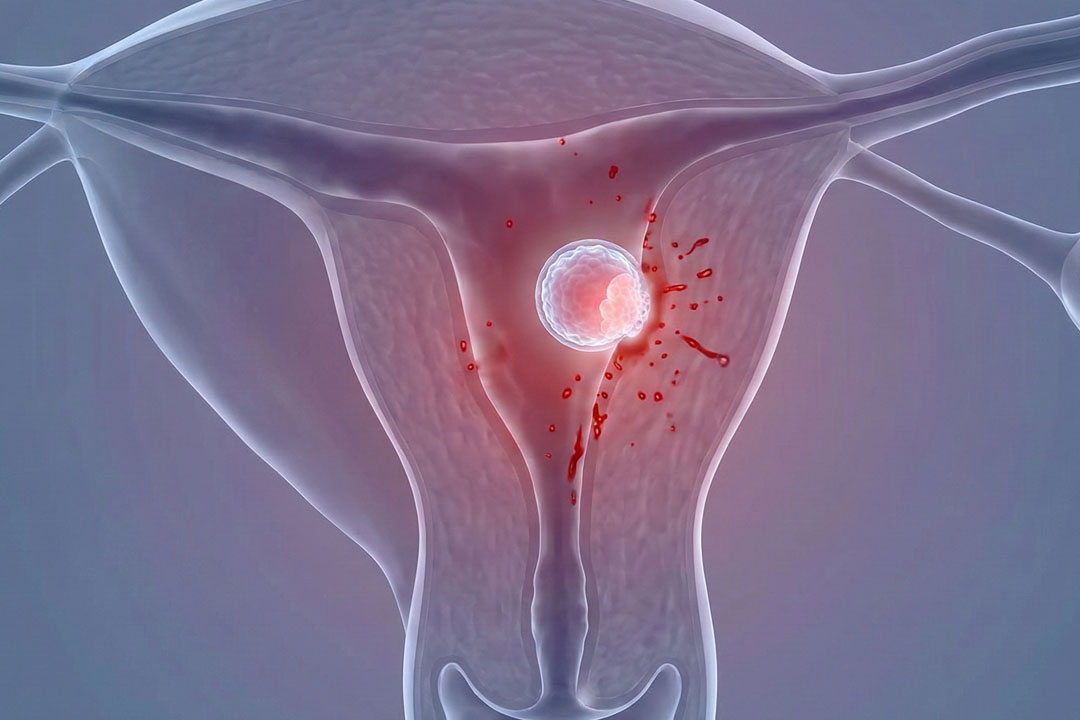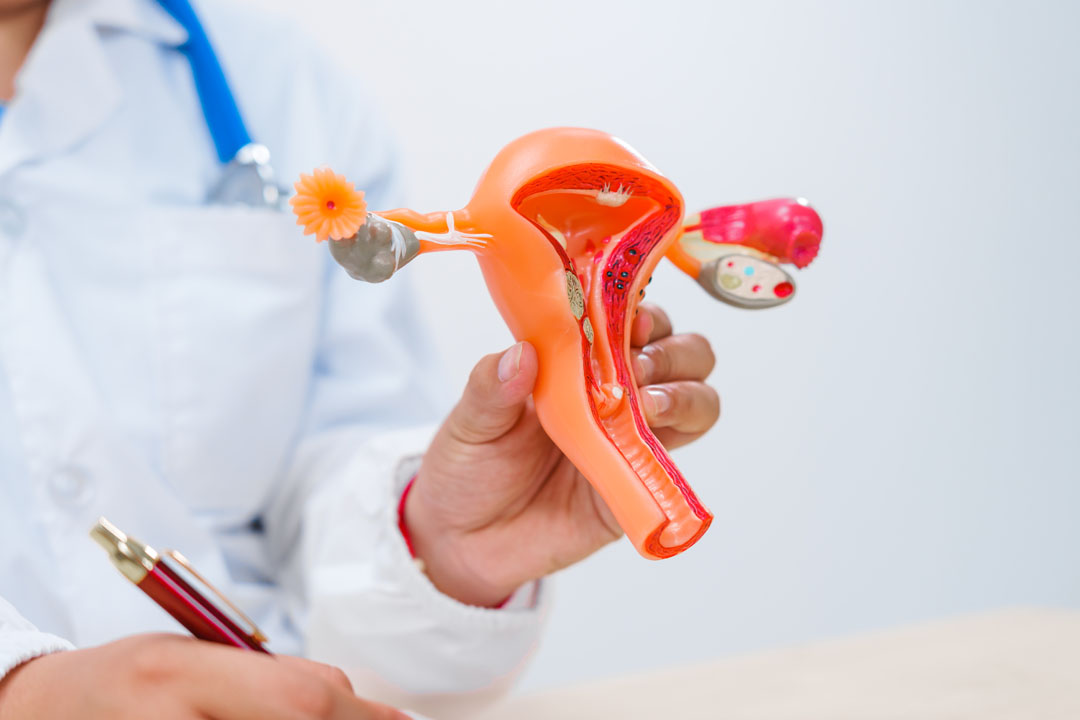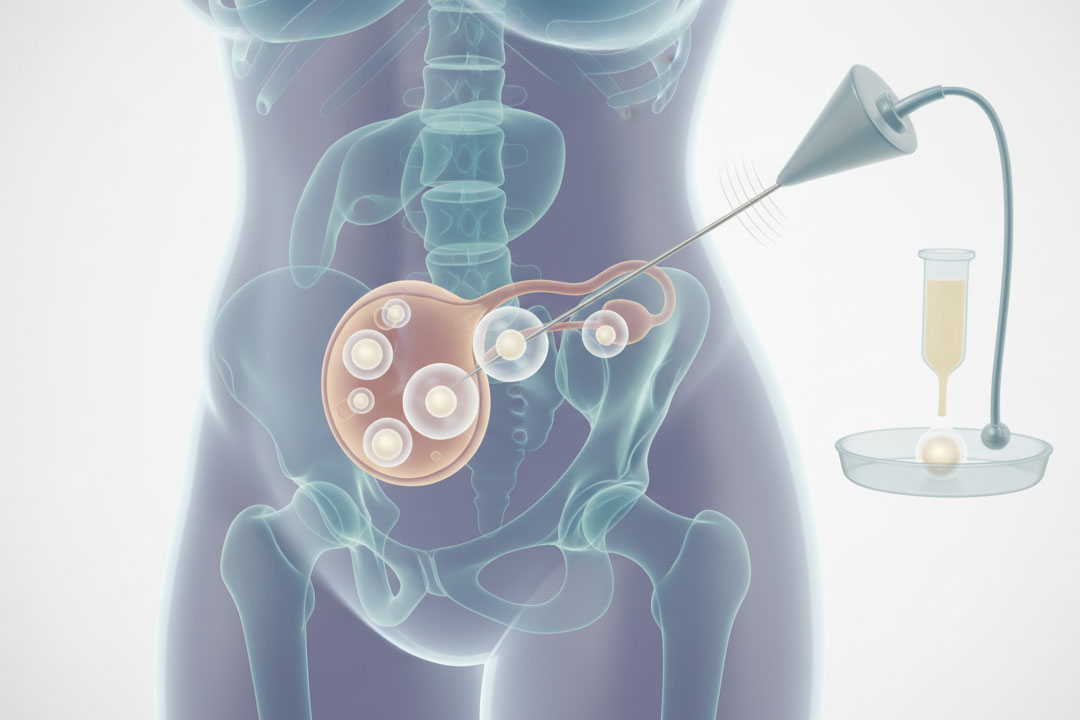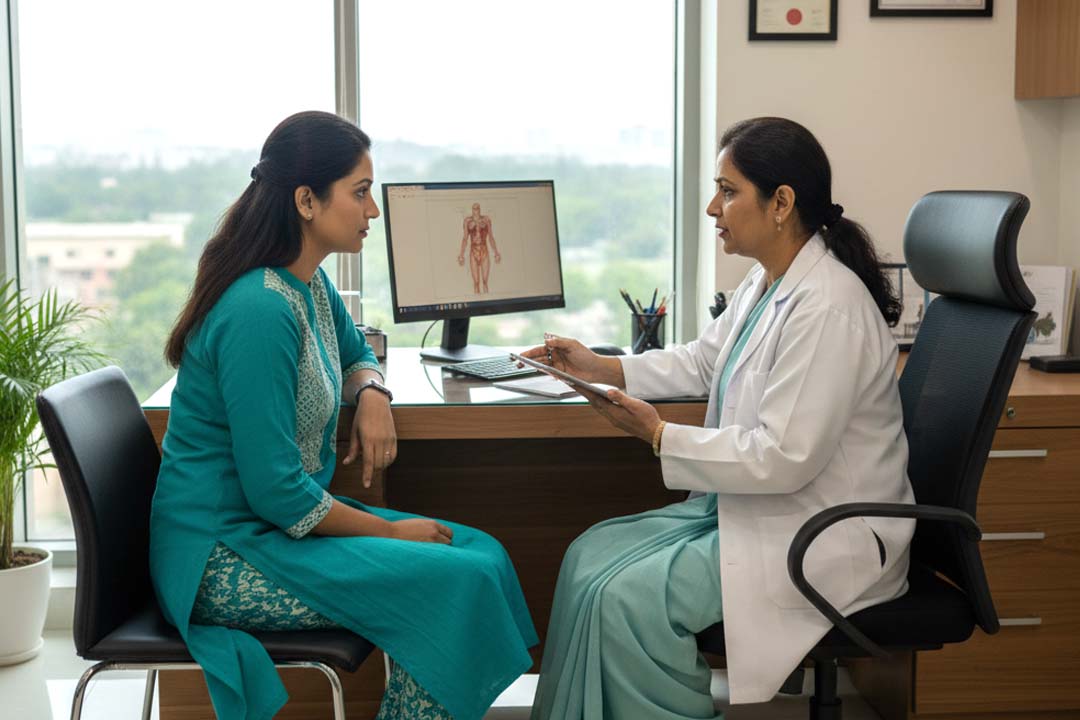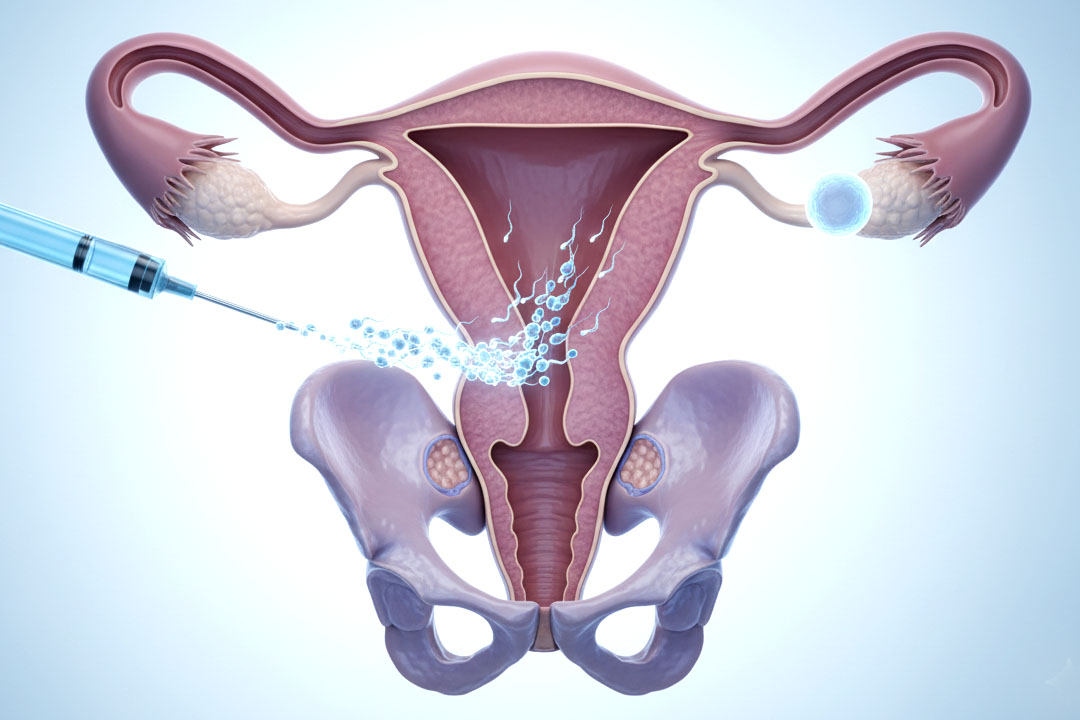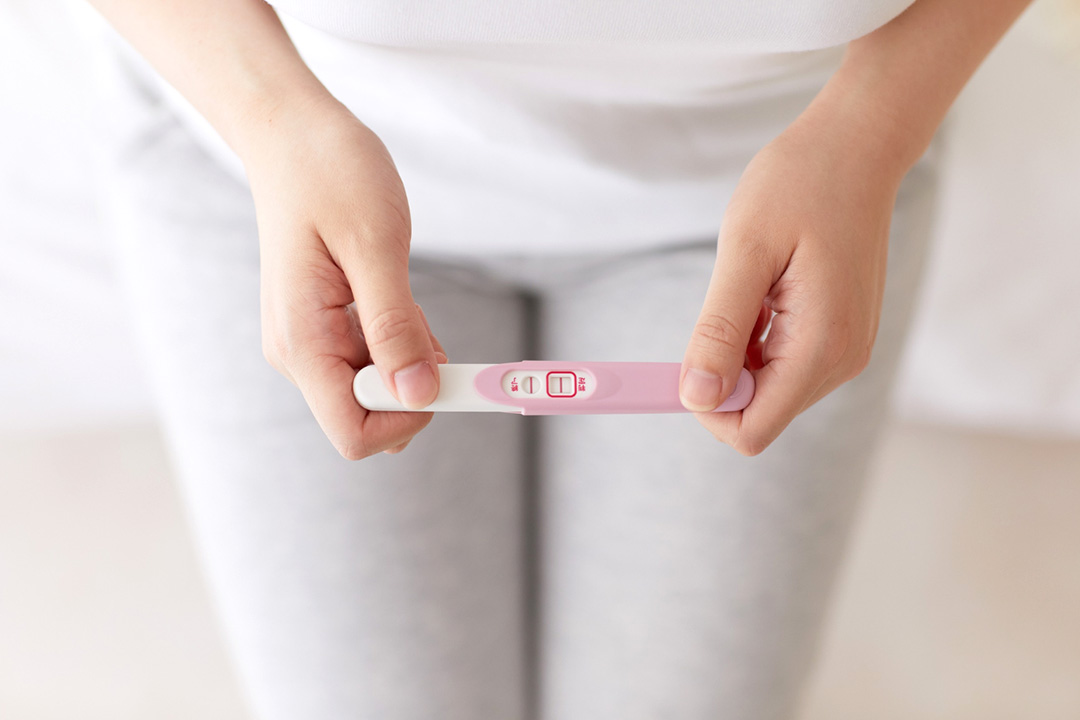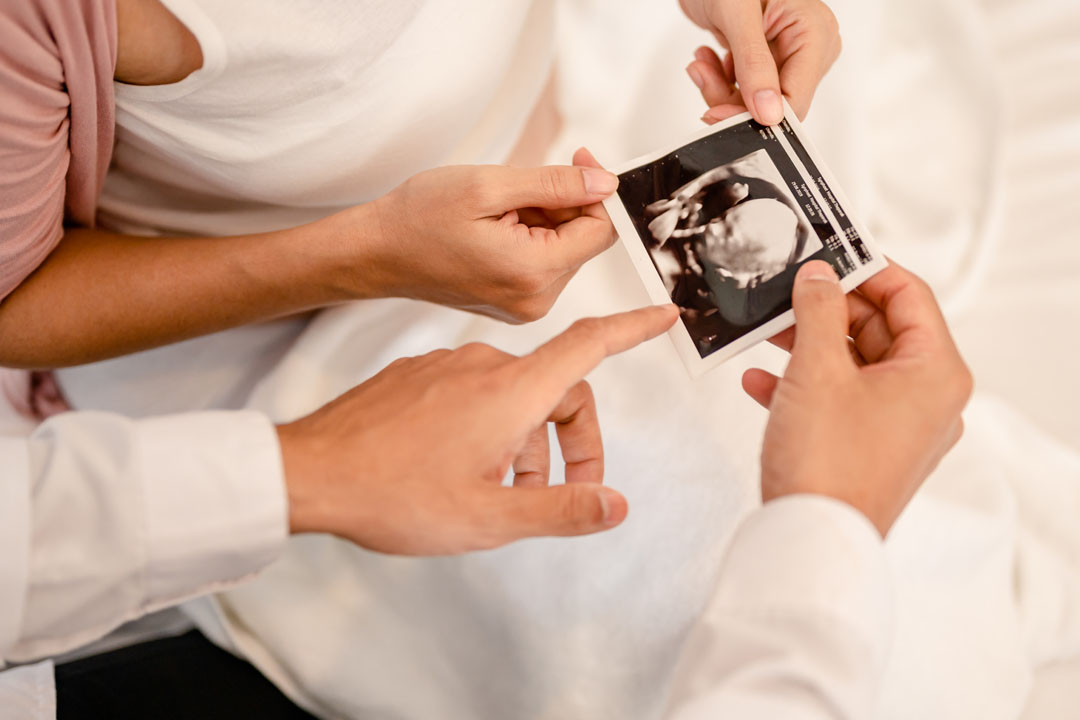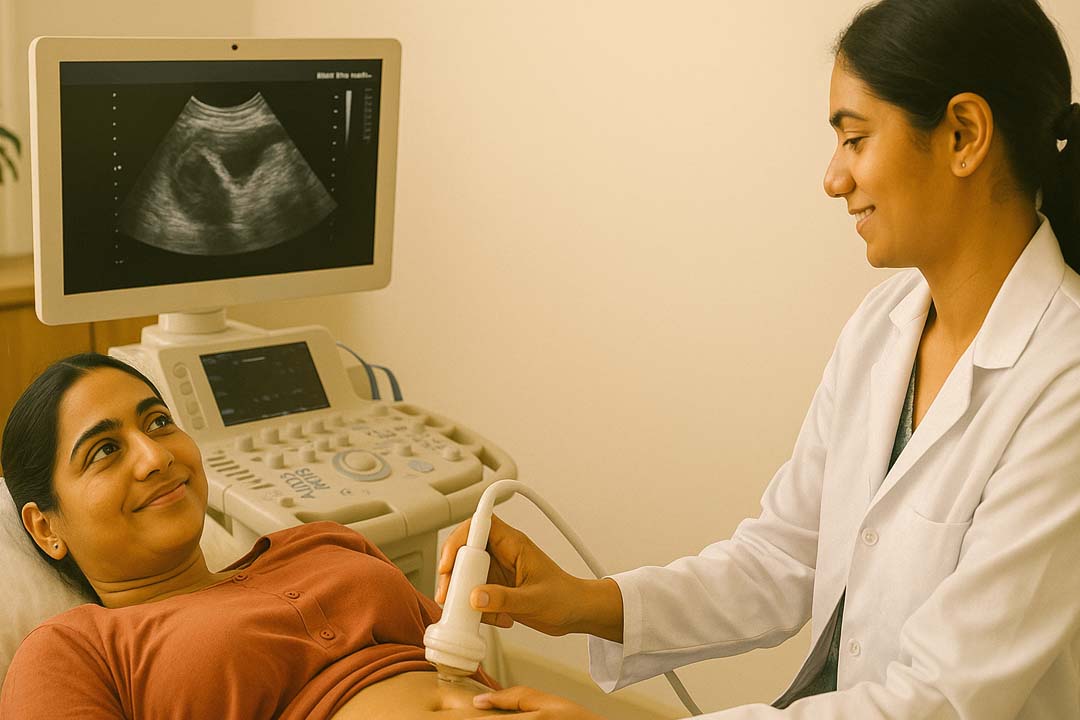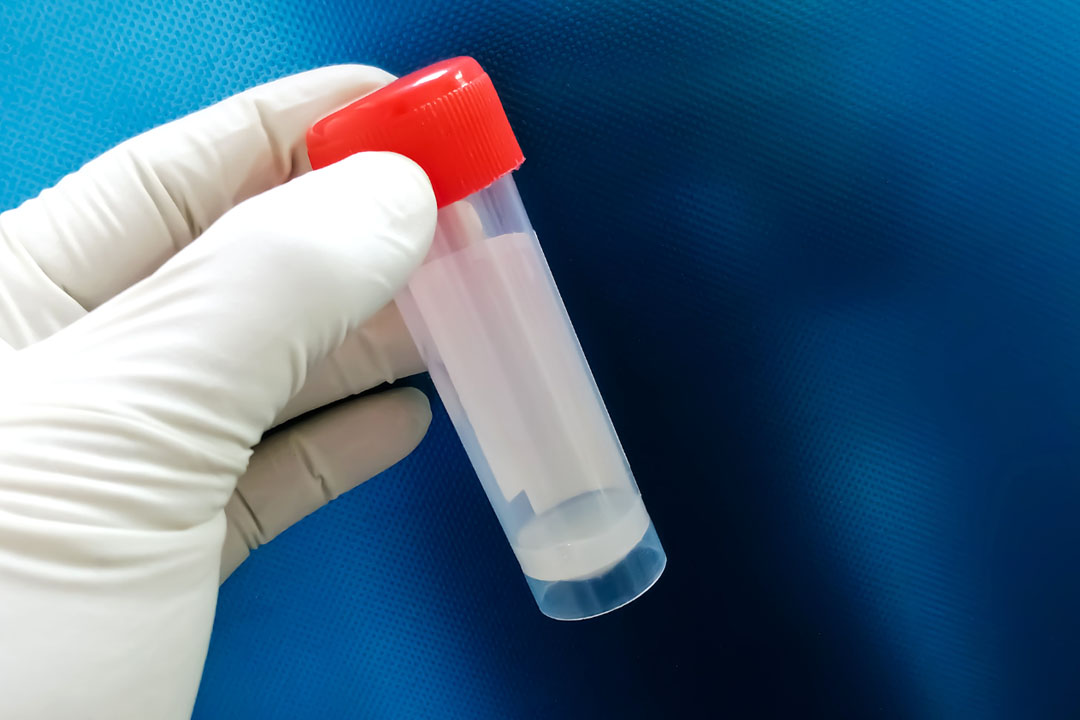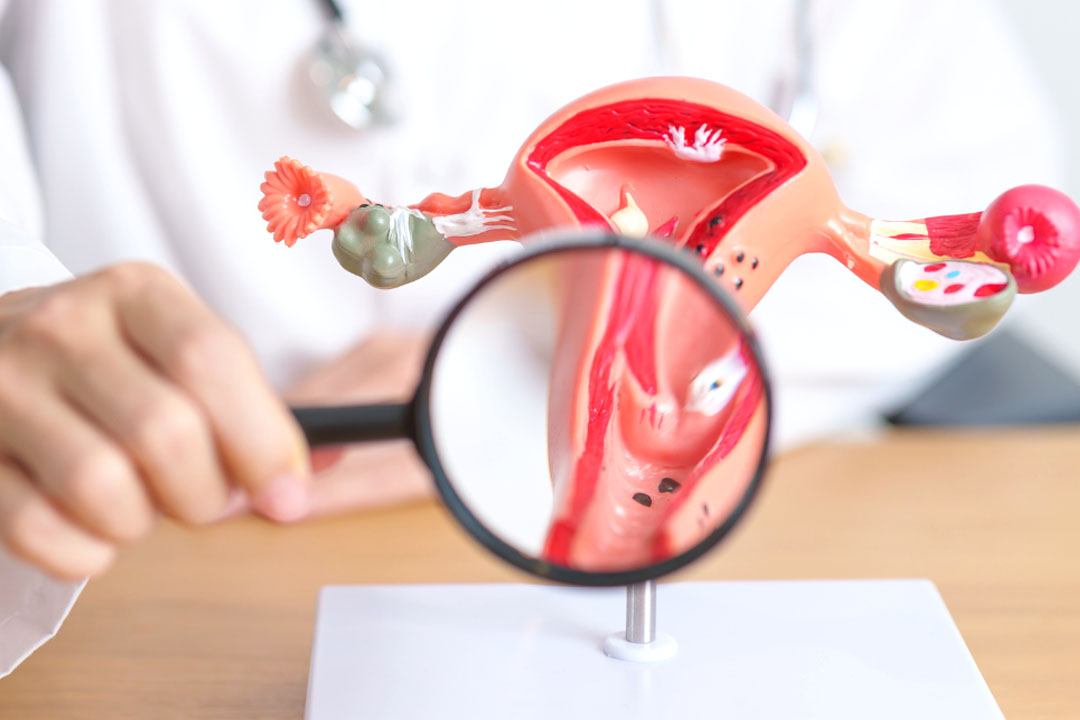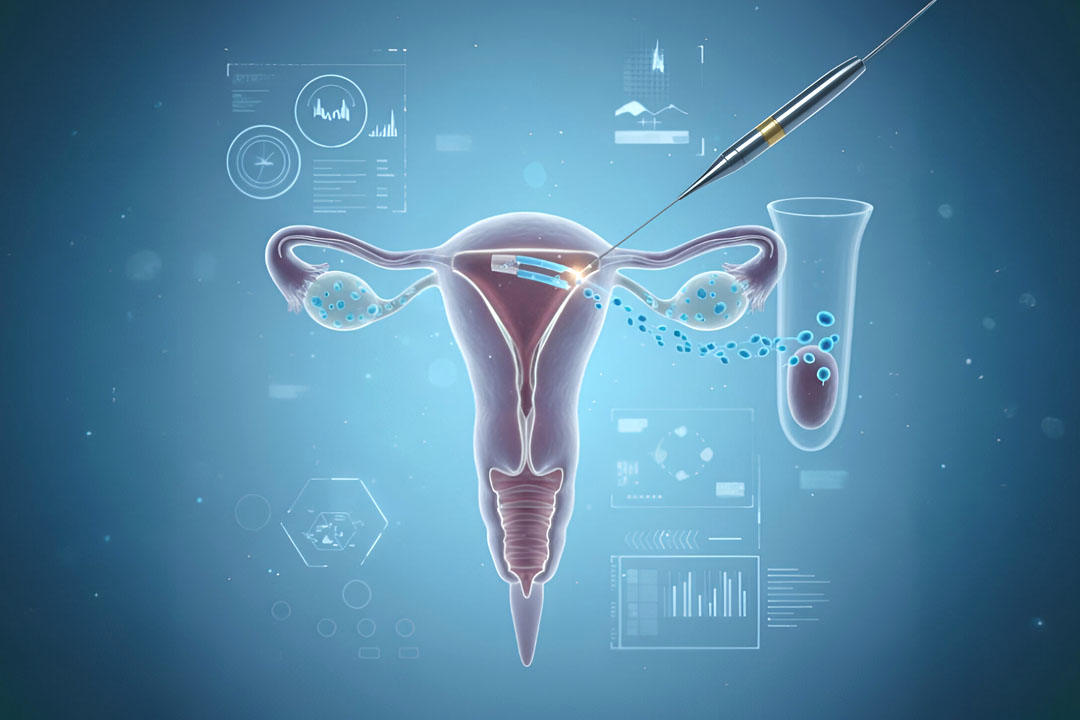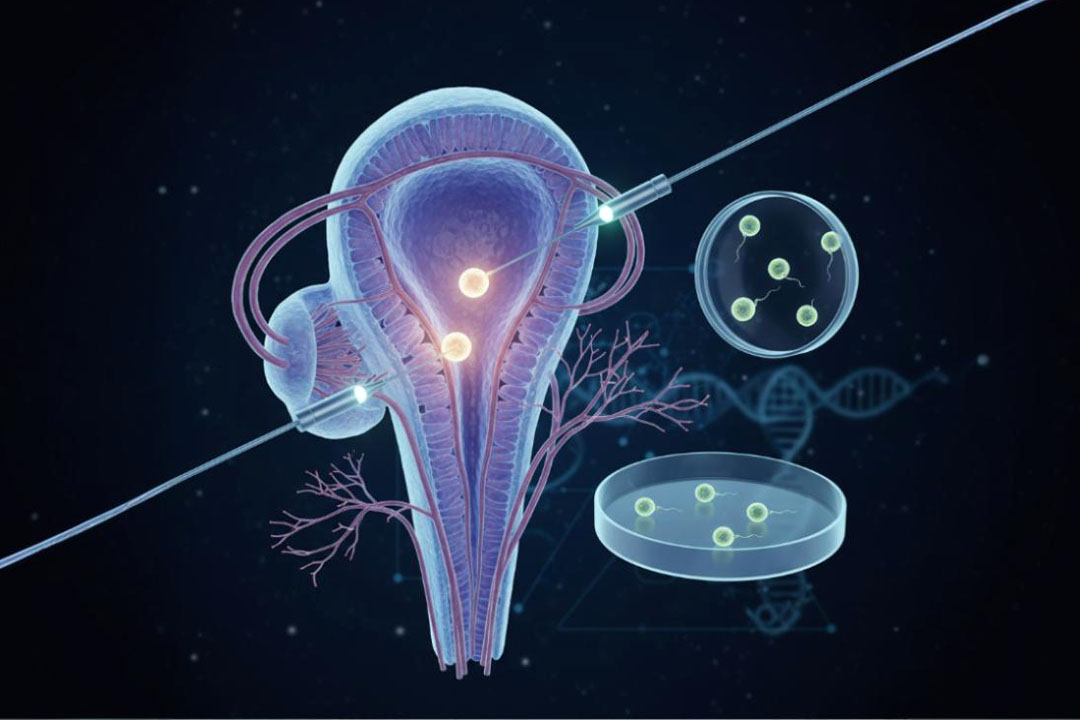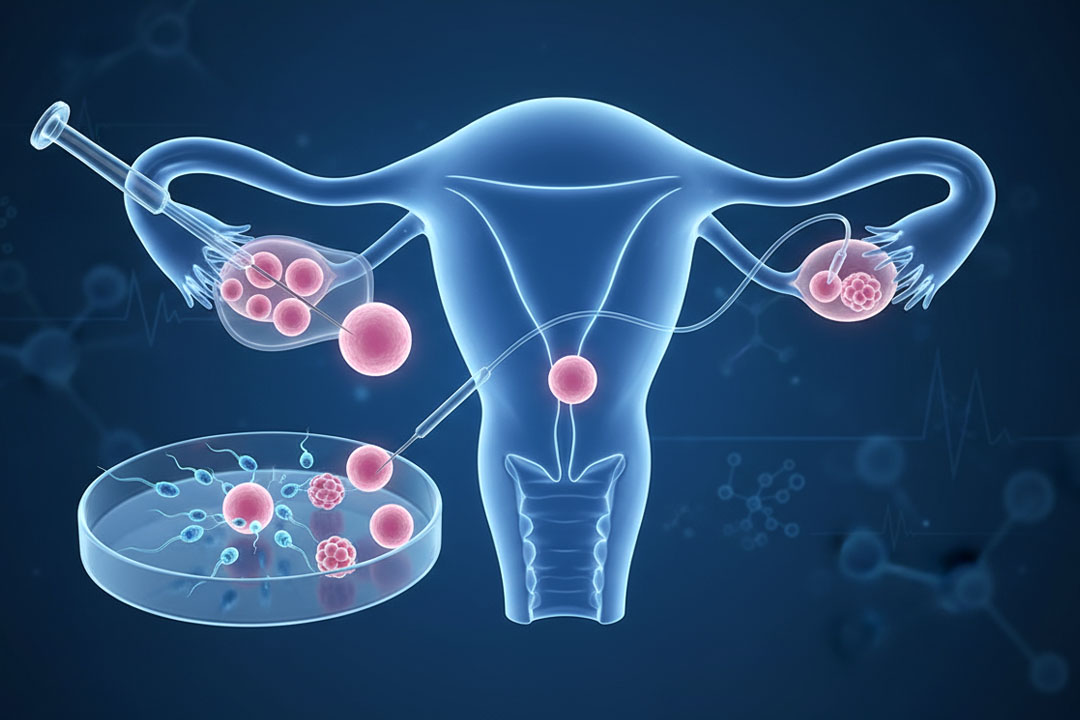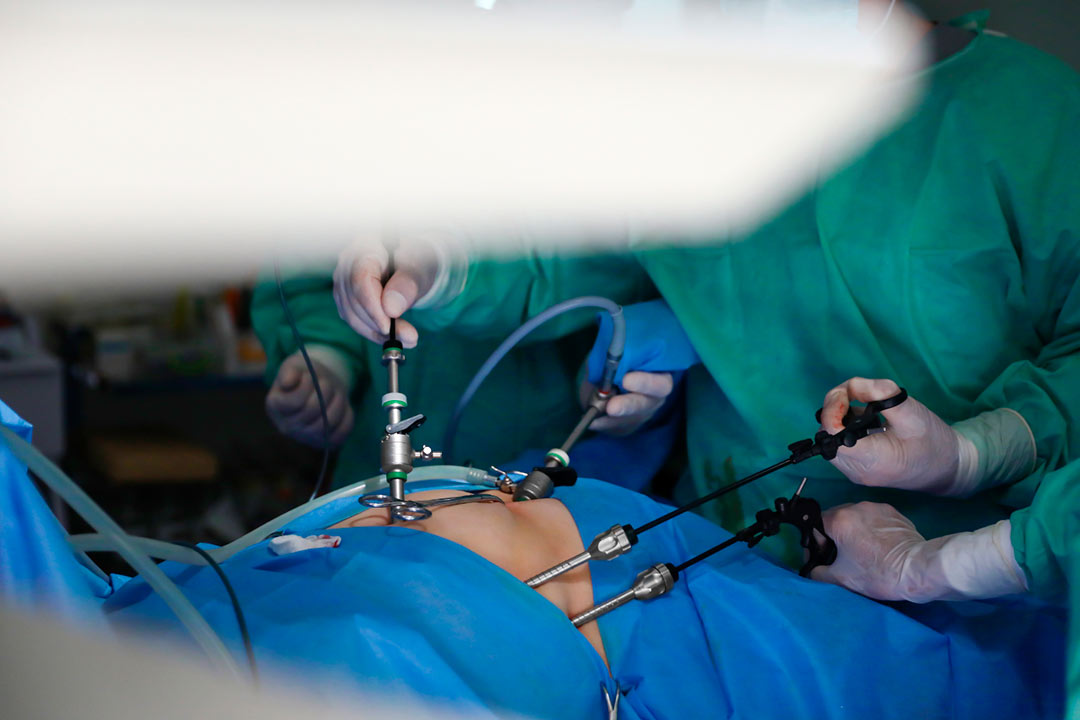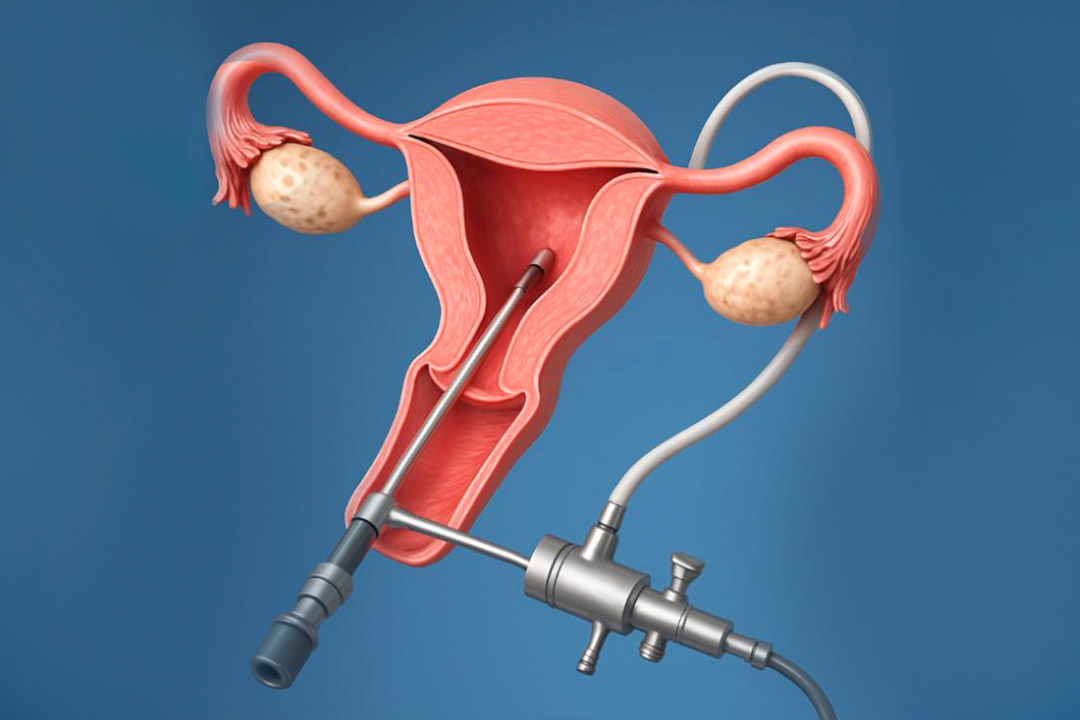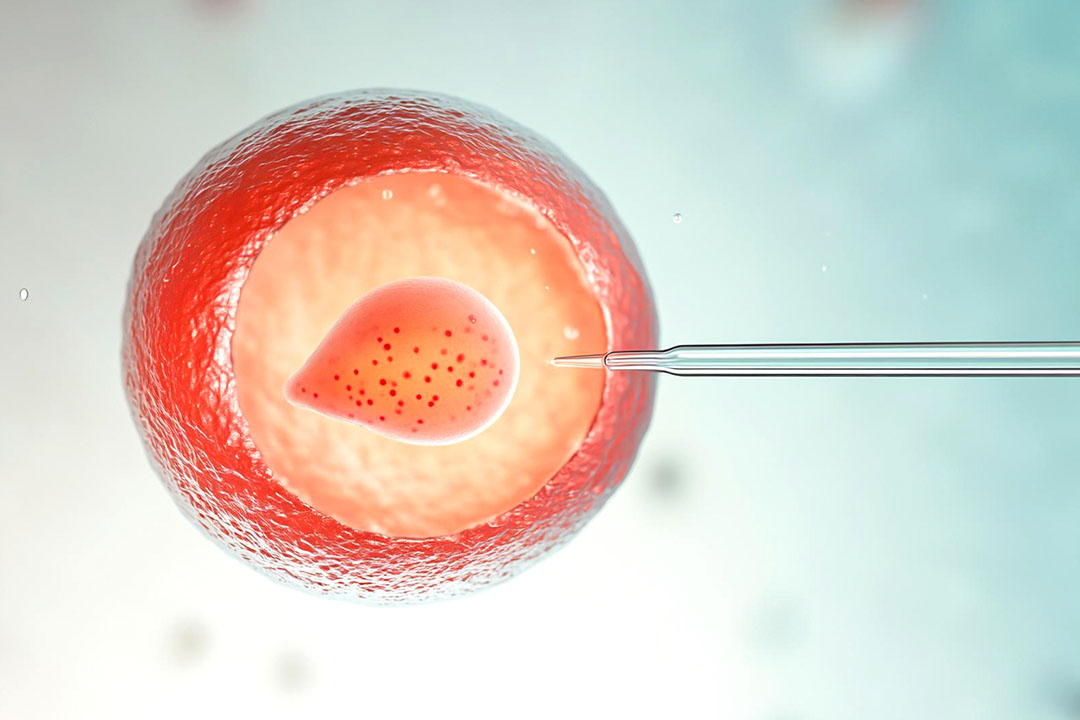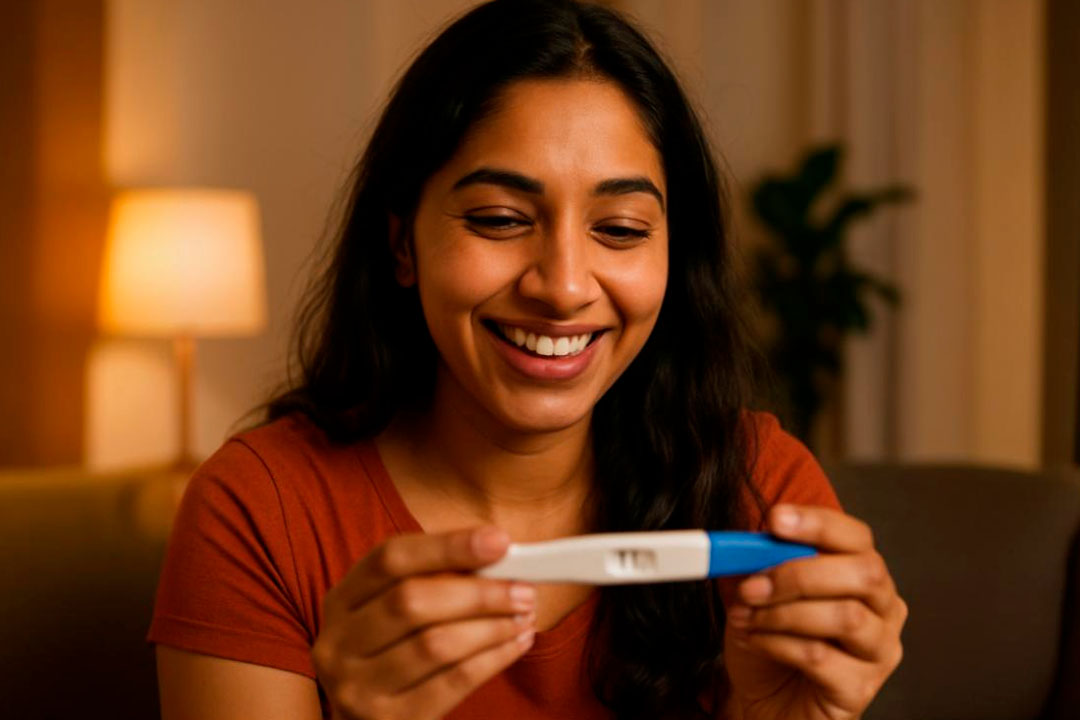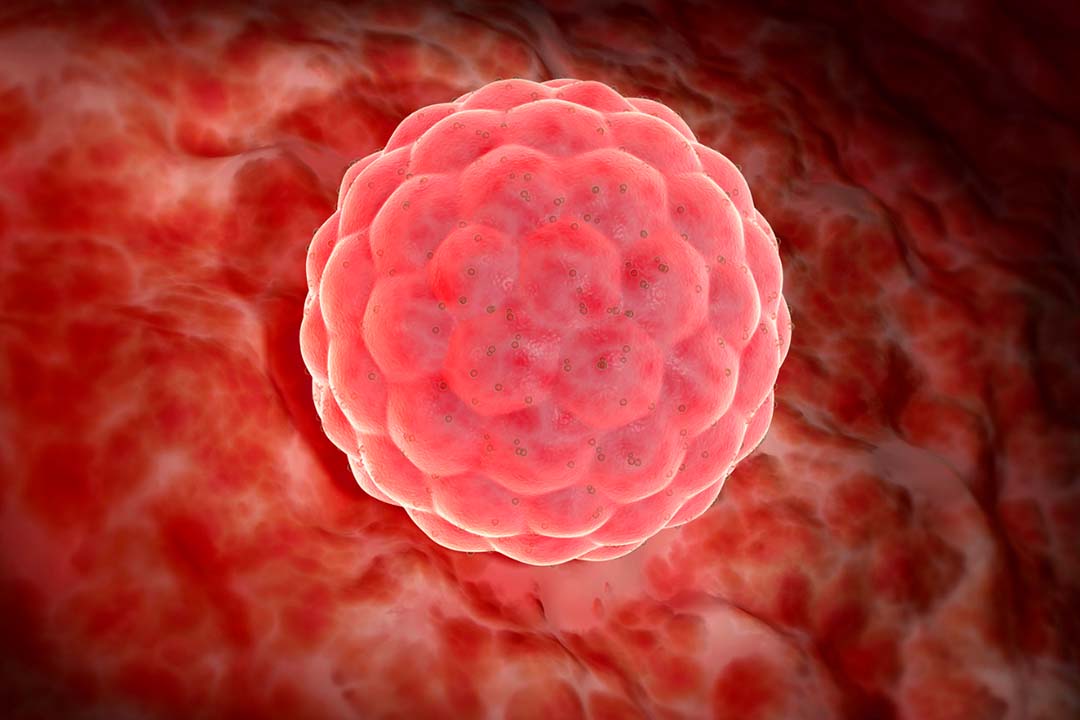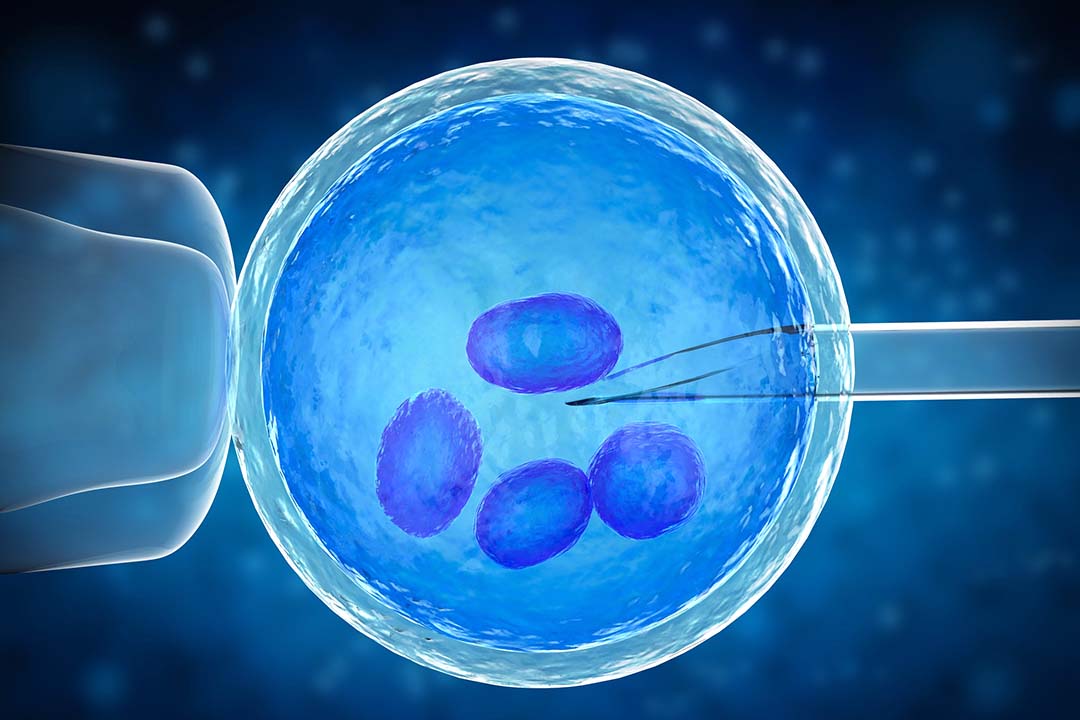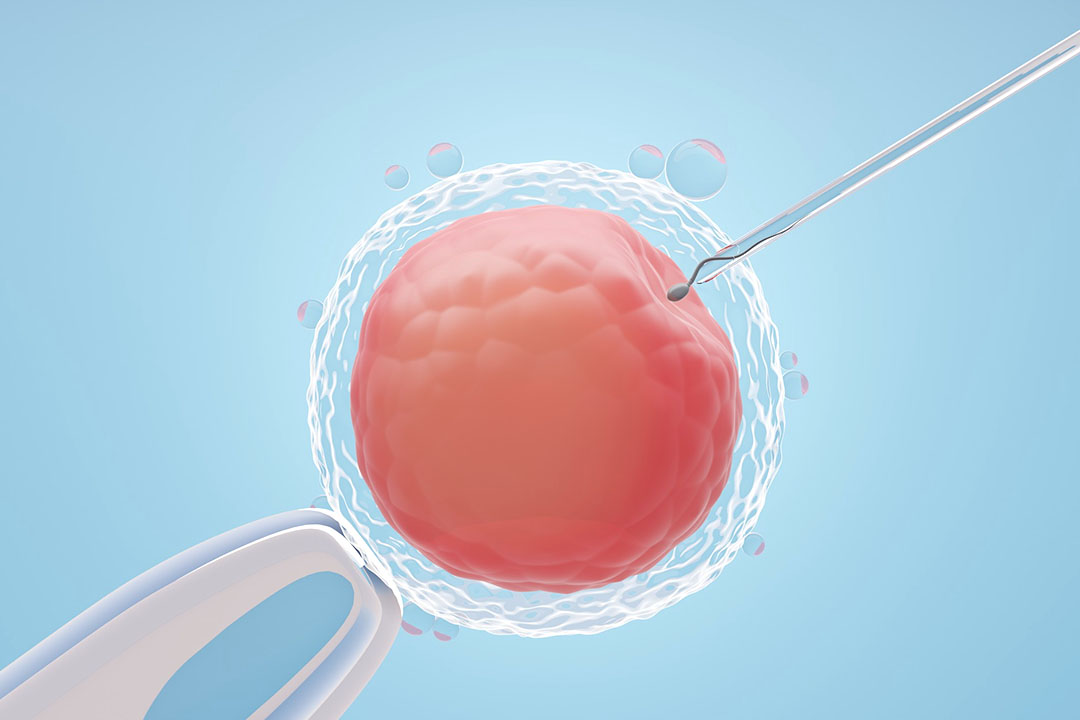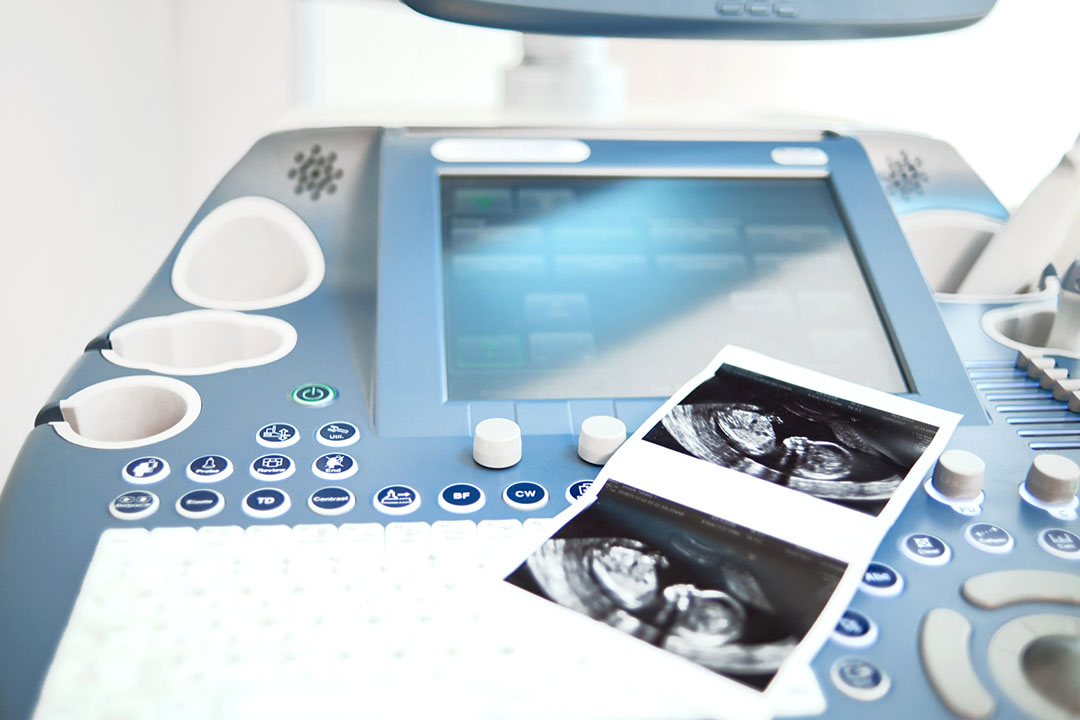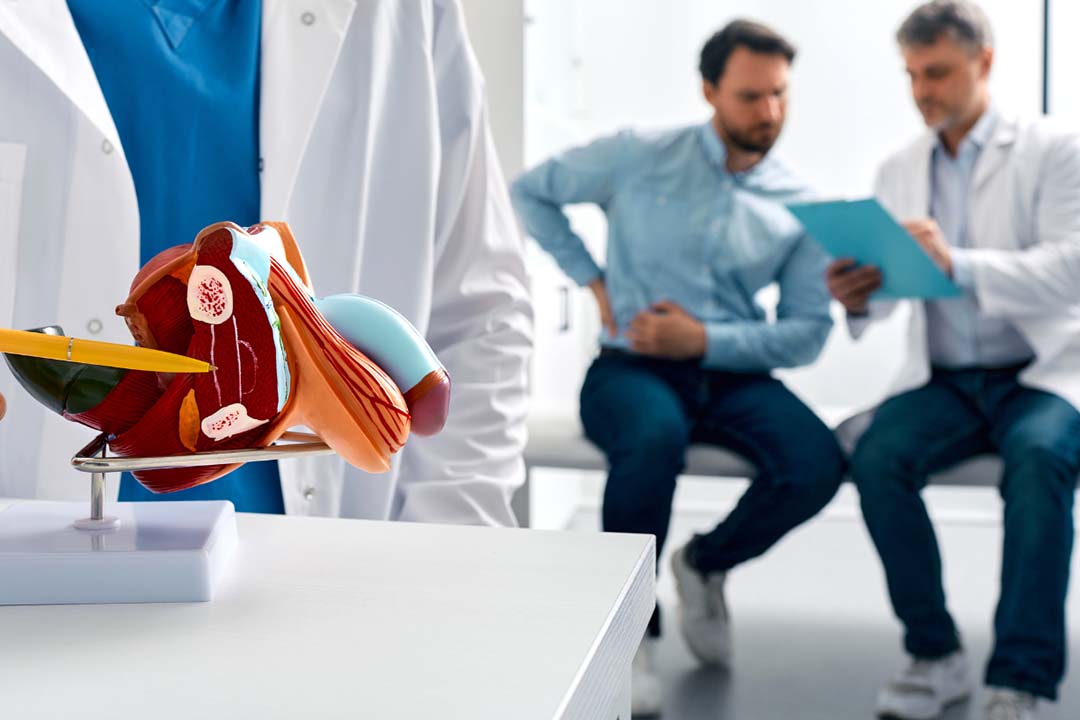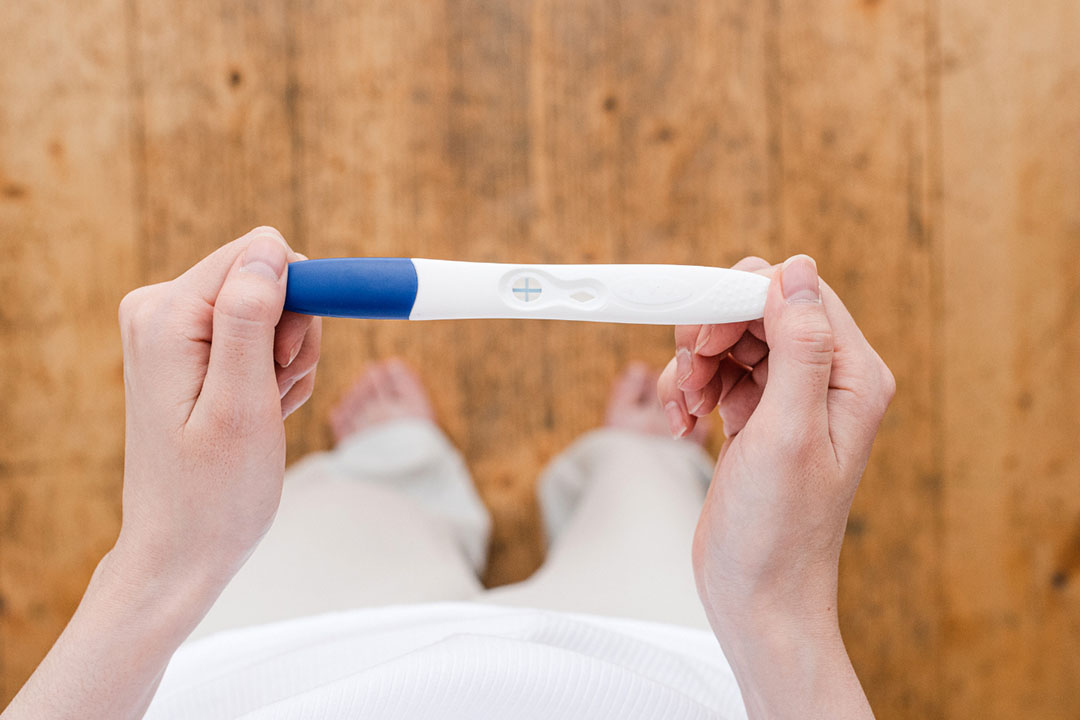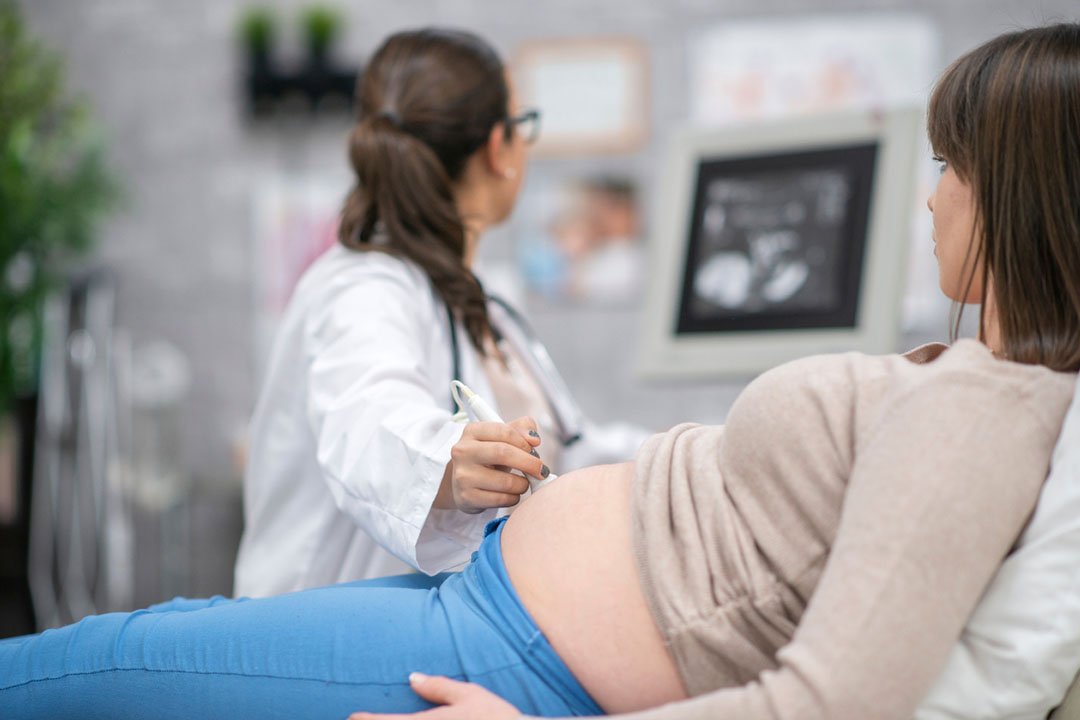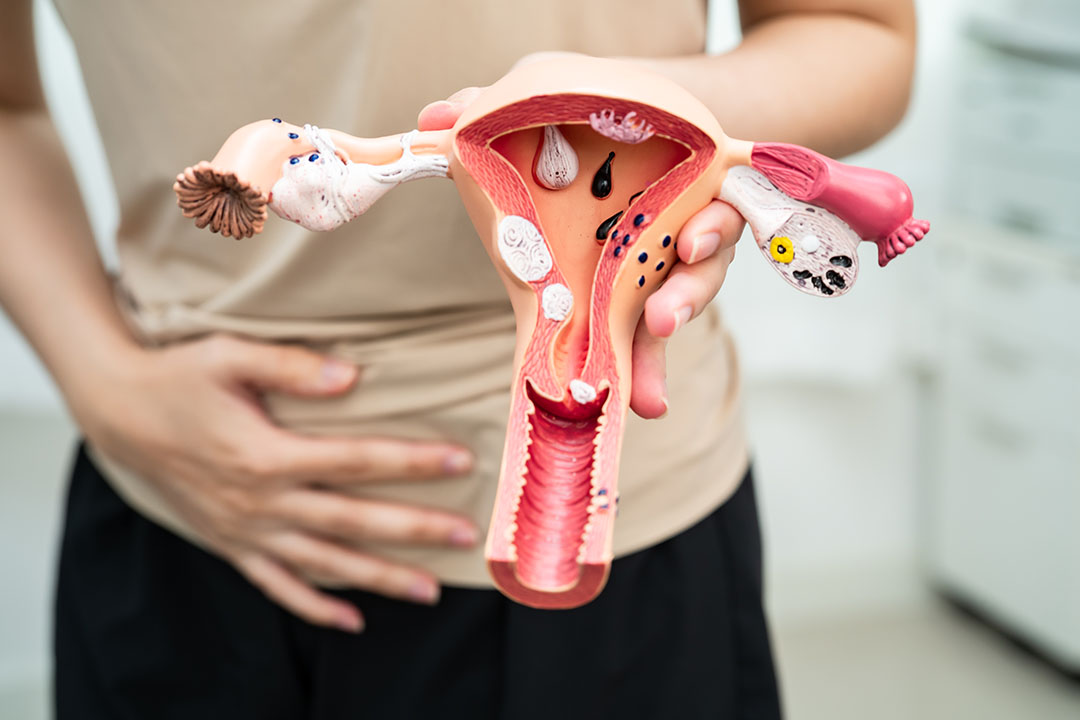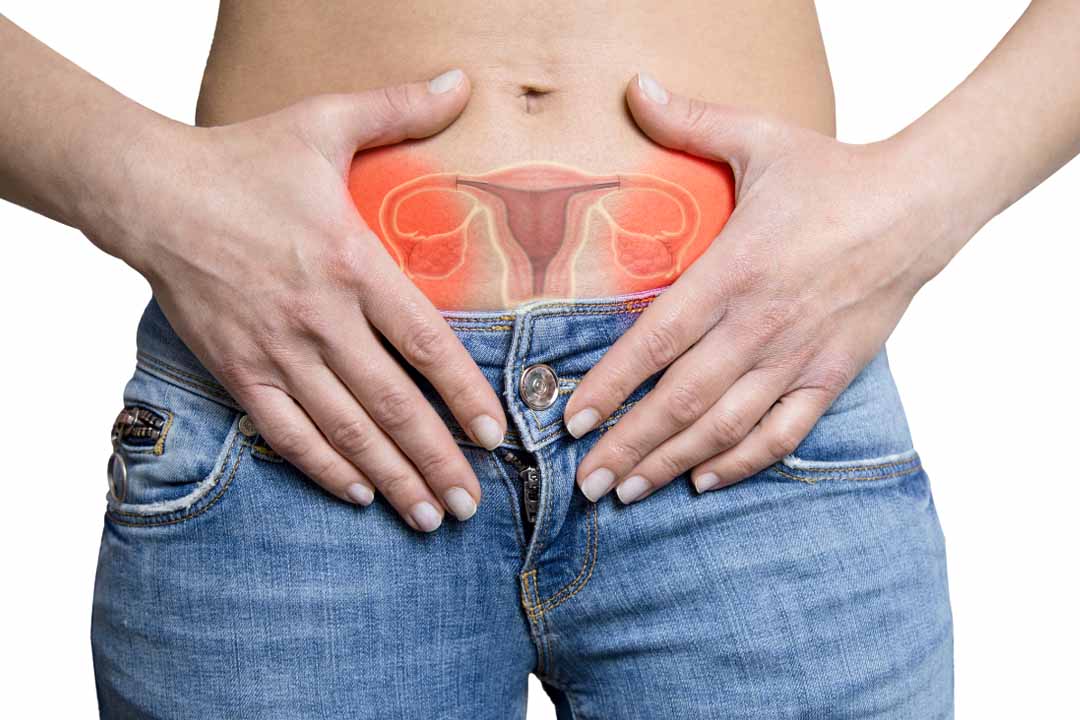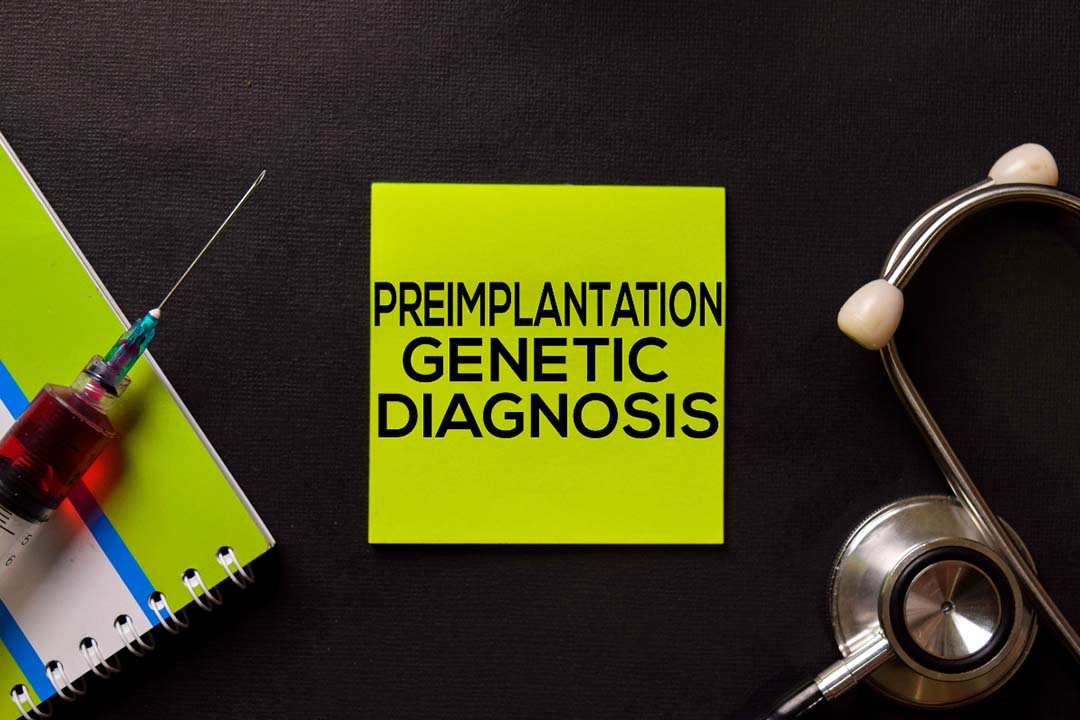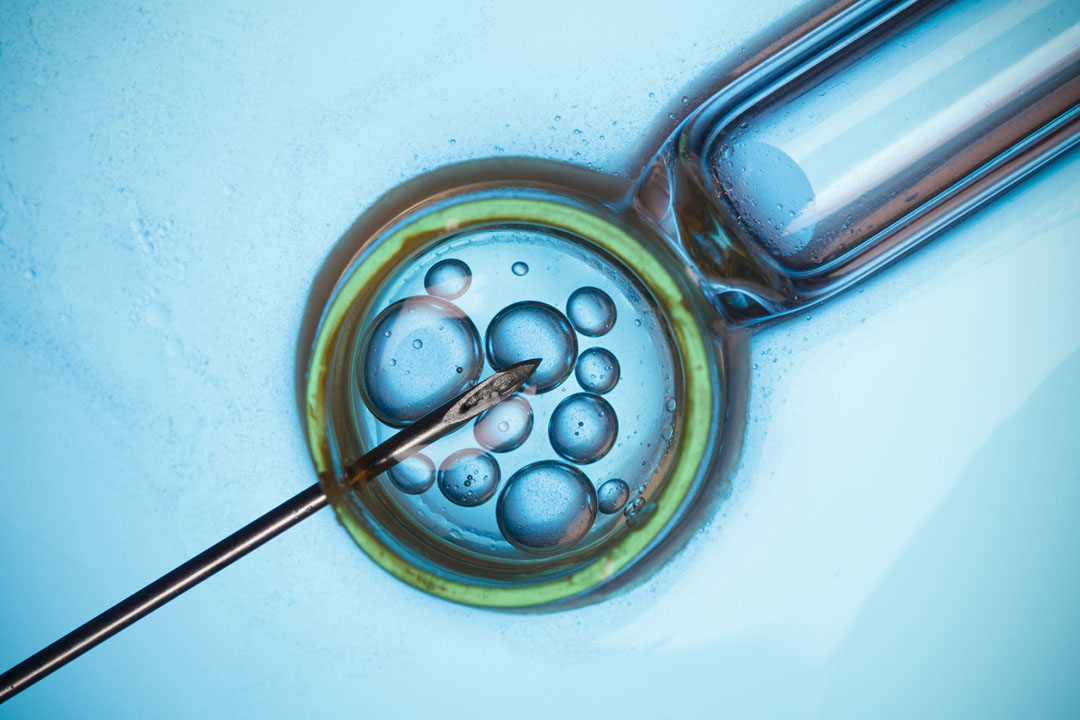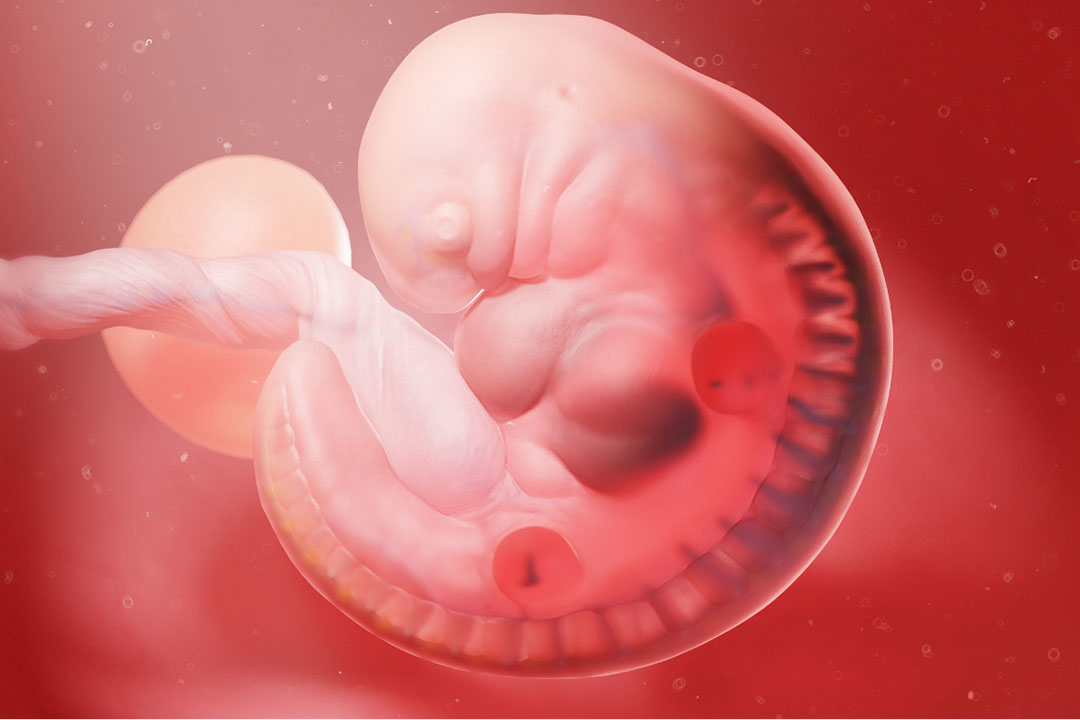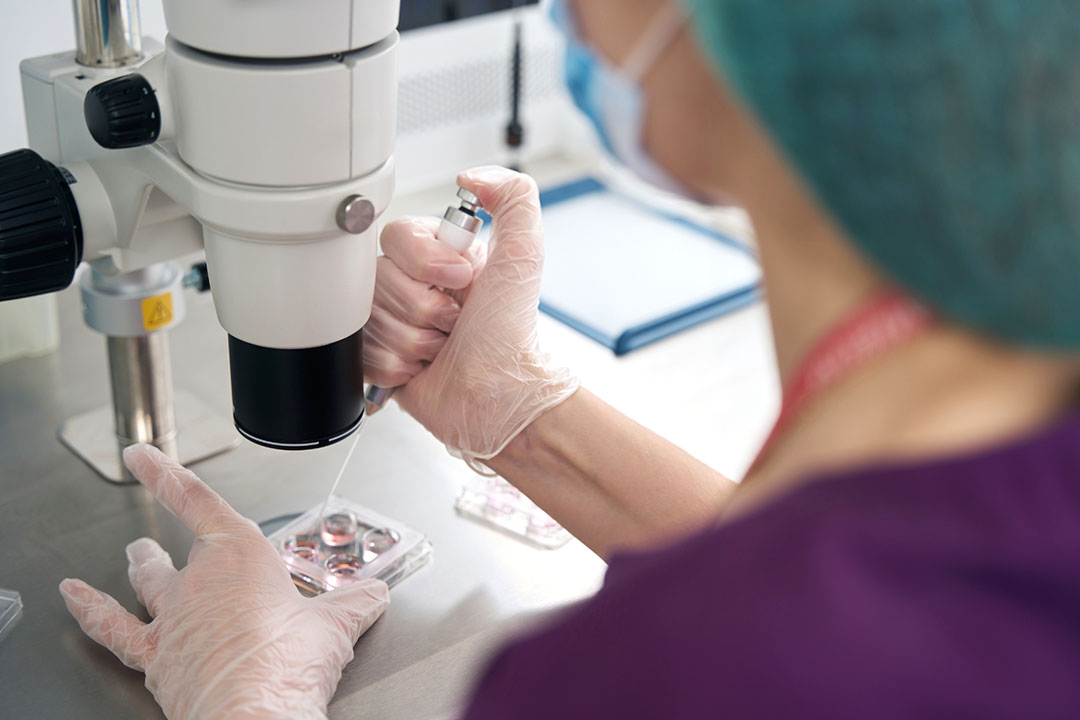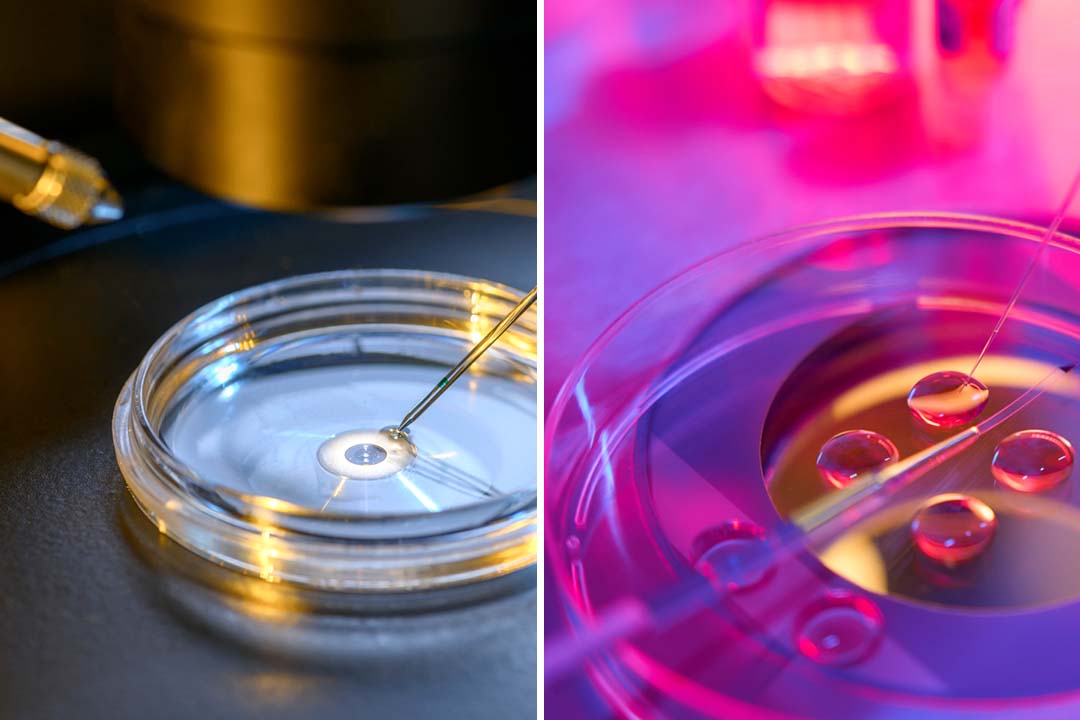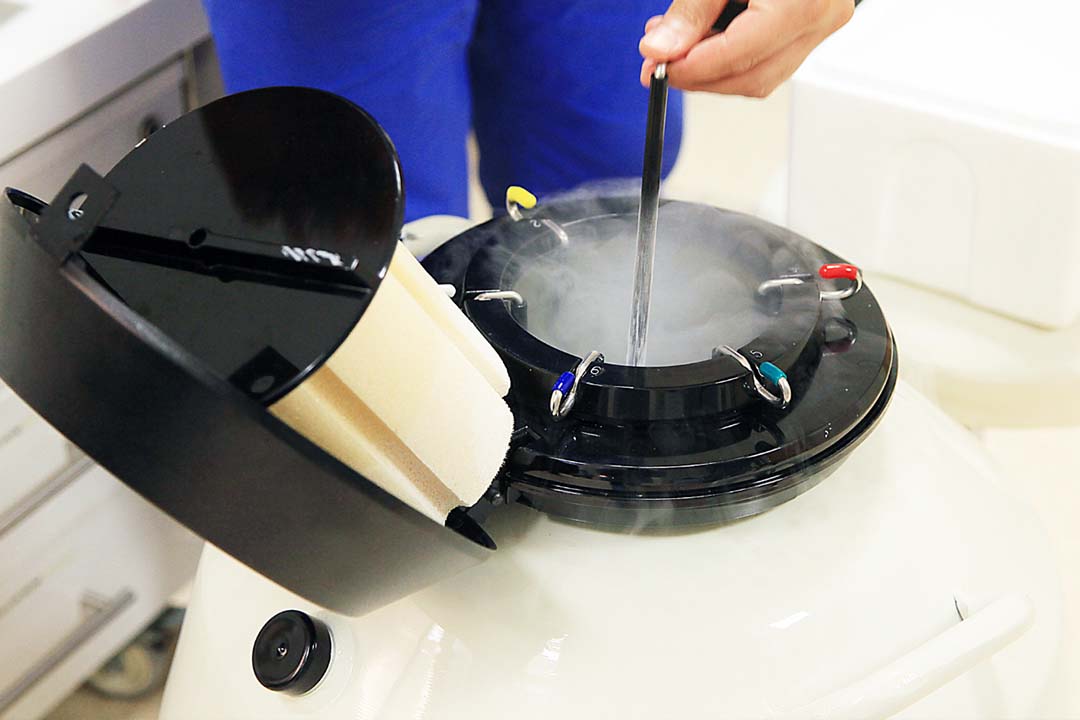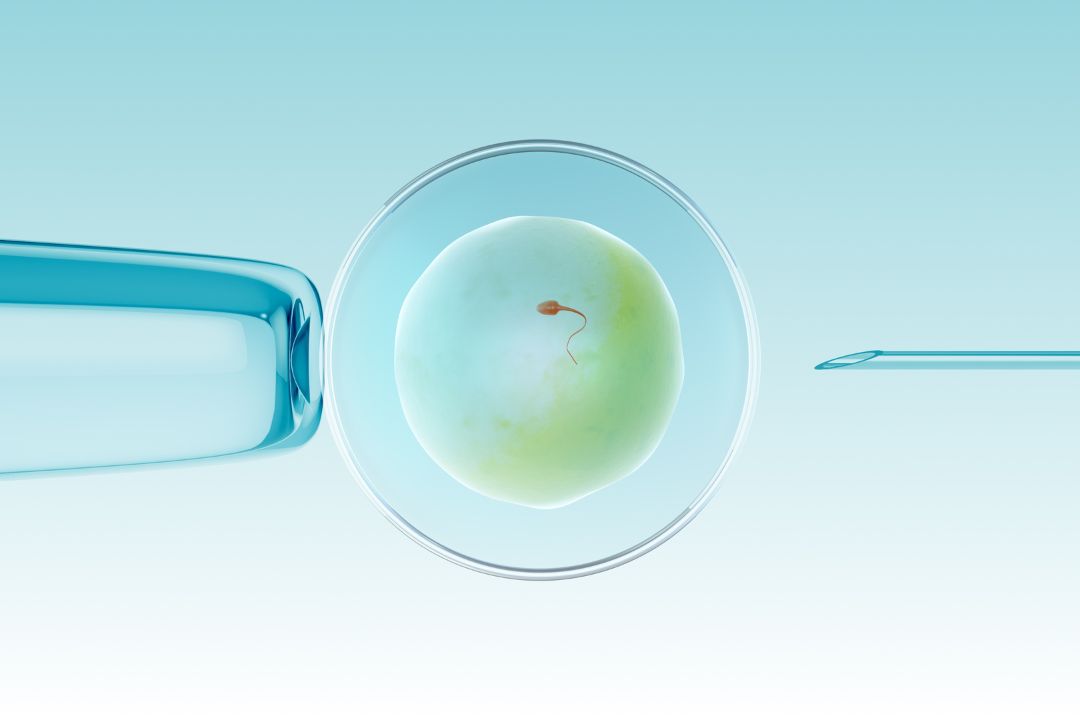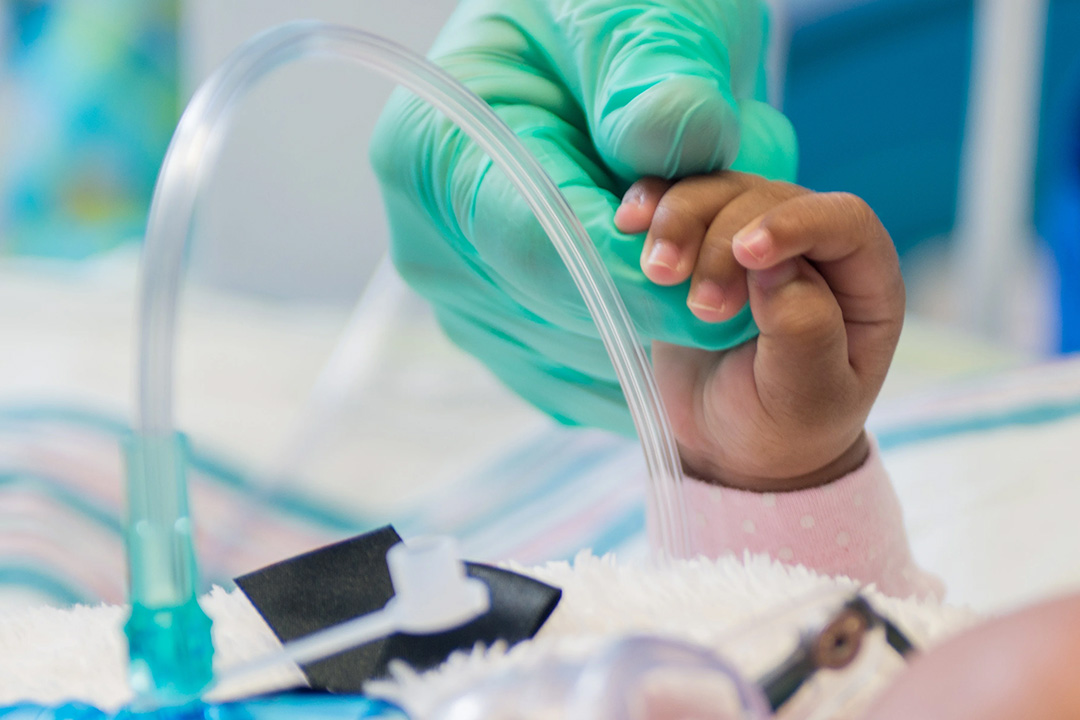Complete Guide to IVF Tests & Evaluations: Fertility Checkups Explained

If you’re thinking about in-vitro fertilisation (IVF), one of the first things your care team will do is build a clear picture of your reproductive health. That means a set of tests, some for general health and safety, some to understand egg and sperm quality, and some to check the uterus and fallopian tubes.
A few are routine for almost everyone, while others are ordered only when history or prior results point the way. Good testing does two things: it makes treatment safer and it helps design a protocol that suits your body, so you’re not over- or under-treated.
This guide walks through the most common evaluations before and during IVF, why each is done, what the results mean in plain language, which ones are optional or “only if needed,” how often tests are repeated, and what typical Indian costs look like (₹). All facts are cross-checked with current clinical guidance from major professional societies and public health bodies.
Which Tests are Needed before Starting IVF Journey?
At baseline (both partners) have to take general health labs, infectious-disease screening, and preconception checks.
For the ovaries and uterus: hormone tests (AMH, FSH/estradiol), ultrasound with antral follicle count, and a cavity/tubal assessment (saline scan, HSG; hysteroscopy only if indicated).
For sperm: semen analysis per WHO standards, with follow-ups only when needed. ASRM
Add-ons when history suggests: genetic carrier screening, karyotype, Y-chromosome microdeletion in severe male-factor, preimplantation testing of embryos (PGT) in specific scenarios.
Baseline Health & Safety Tests
These ensure IVF is safe for you and reduce the risk of infections being transmitted in the lab.
Infectious Disease Screening (Both Partners)
Expect tests for HIV, hepatitis B (HBsAg and anti-HBc), and hepatitis C; syphilis screening (VDRL/RPR) is widely recommended in preconception care. In India, ART rules also require viral screening around gamete/embryo handling.
Rubella Immunity and Other Pre-Pregnancy Checks
Rubella IgG is commonly checked; vaccination is advised before pregnancy if non-immune. Clinics may add blood group/Rh, complete blood count, blood sugar/HbA1c, and urine analysis as part of general preconception care.
Thyroid and Prolactin
TSH identifies overt thyroid disease that can affect cycles and pregnancy; routine testing/treatment for mild TSH elevations is no longer a blanket requirement and is best individualised. Prolactin is checked if cycles, symptoms, or history suggest a problem.
What are Ovarian Reserve Tests?
They predict how many eggs your ovaries might produce with stimulation but not whether you can get pregnant.
AMH (Anti-Müllerian Hormone)
A snapshot of the remaining follicle pool. Higher AMH usually means a stronger response to stimulation; lower AMH suggests a gentler response may be needed. It is not a universal “fertility score” and doesn’t measure egg quality.
Day-2/3 FSH and Estradiol
When estradiol is low/normal, a higher FSH can indicate reduced ovarian response; your team interprets these together with AMH and ultrasound.
Antral Follicle Count (AFC) by transvaginal ultrasound
Counts small resting follicles in both ovaries and helps the team choose starting medication doses.
Choosing the Right Imaging Technique
Everyone needs a basic pelvic scan and extra tests depending on history and findings.
Transvaginal ultrasound (TVUS)
First-line to assess uterine shape, lining, and ovaries; also used to count antral follicles for reserve.
Saline infusion sonography (saline scan/sonohysterography)
A small amount of saline outlines the cavity to find polyps, fibroids impinging on the cavity, or adhesions. Often preferred to HSG for finding intra-cavitary issues.
Hysterosalpingography (HSG)
An X-ray dye test mostly for tubal patency. It’s useful when there’s no prior tubal testing or when tubal disease is suspected; some patients go straight to IVF despite blocked tubes if that’s the plan.
Hysteroscopy
It is not routinely before the first IVF cycle. Consider if ultrasound/saline scan is abnormal or after repeated failed transfers; routine “look and see” hysteroscopy as a blanket step isn’t supported.
Semen Testing: What to Expect
A standard semen analysis is the protocol, follow-ups are targeted based on any issues.
Collection and Abstinence
WHO recommends 2–7 days of abstinence before giving a sample; ejaculation frequency outside that window can skew results.
Volume, concentration, motility, morphology (shape), and vitality are measured. Abnormal results are usually confirmed with a repeat test because sperm parameters vary.
If results are severely low or absent. Your clinician may order hormone tests (FSH, LH, testosterone, prolactin) and genetic tests in specific situations (e.g., karyotype and Y-chromosome microdeletions in azoospermia or very low counts; CFTR testing if the vas deferens is absent).
Sperm DNA fragmentation (SDF)
Not recommended as a routine first-line test; may be considered in recurrent pregnancy loss or repeated IVF failure.
Genetic Evaluations You May be Offered (Based on history)
Genetic testing is becoming increasingly popular as a method to carefully plan pregnancy based on any prior genetic abnormalities. It includes:
Carrier Screening (before pregnancy)
Many couples choose panel-based screening for conditions that can be silently carried; panels vary in size and lab. (Professional bodies now refer to this broadly as “carrier screening.”) It’s optional but can inform embryo testing if both partners carry the same condition.
Parental Karyotype
Considered when there’s a history of recurrent pregnancy loss or specific findings; policies differ by guideline and are individualised.
Preimplantation Genetic Testing (PGT)
PGT-M / PGT-SR (for a known single-gene disease or chromosomal rearrangement in the parents) can reduce the chance of passing that condition on.
PGT-A (chromosome number screening) is widely used but remains debated for universal use; your team will discuss benefits and limitations for your situation. ihrindia.com
When are IVF Tests Repeated?
Infectious-disease screens are typically considered current for 6–12 months in many programs (local rules vary); they are often repeated before a new cycle or embryo transfer if they’ve expired.
Semen analysis can change with time, illness, lifestyle or medication; repeats are common if the first test was borderline or inconsistent with history.
Hormones and ultrasounds may be repeated ahead of a new cycle to confirm dosing, particularly if months have passed.
Preparing for Test Days (simple, practical tips)
In order to get the best results, it is important to follow the pre-requisite guidelines:
- Semen sample: Plan 2–7 days of abstinence, avoid feverish illness and very hot tubs/saunas for a couple of months beforehand; tell the lab about any recent antibiotics or supplements.
- Day-2/3 bloods: Mark your calendar; if cycles are irregular, your team may time these differently or rely more on AMH.
- Infectious-disease & immunity tests: These are standard blood draws; if you’re non-immune to rubella, you’ll be counselled to vaccinate and wait before trying to conceive.
- Imaging of the uterus/tubes: You may be asked to take an NSAID (if safe for you) 30–60 minutes ahead of HSG/saline scan to reduce cramping; schedule these in the follicular phase (after bleeding, before ovulation).
- Thyroid/prolactin: If you have a history or symptoms, do the blood test fasting at the lab’s recommended time; medication decisions are personalised per current guidance.
Typical Test Costs in India (₹ INR)
IVF test costs, which are often included within a full IVF cycle's price, vary significantly but typically range from ₹90,000 to ₹4,00,000 per cycle in India, including consultations, diagnostics, medications, lab work, and embryo transfer.
Additional procedures like Intracytoplasmic Sperm Injection (ICSI) or Preimplantation Genetic Testing (PGT) are separate expenses, as are embryo freezing, donor gametes, or surrogacy if needed. The final cost depends on factors like the clinic's reputation, geographic location, and the specific techniques and treatments required for your individual circumstances.
How to Modify Your Plans Based on the Results?
In case there is some abnormality in your reports, do not panic. Your doctor will modify your IVF plan accordingly to deal with the issue, for example:
- Lower AMH / lower AFC: Your team may choose a gentler stimulation, aim to retrieve a modest egg number, and plan for earlier monitoring. This is about dose-tailoring, not about “no chance.”
- High AMH / many follicles (PCOS tendency): Doses and trigger choices are adjusted to reduce the risk of ovarian hyperstimulation syndrome (OHSS).
- Tubal blockage: IVF can bypass blocked tubes; if a hydrosalpinx is found, treating it first can improve outcomes.
- Abnormal semen analysis: Depending on degree and cause, options range from lifestyle changes to treating infections/varicocele to using ICSI. Genetic findings (e.g., Y-microdeletions) refine counselling on retrieval options and transmission risk.
- Infectious screen positive: IVF can still be planned with precautions; screening protects you, the lab, and any future pregnancy.
Frequently Asked Questions
Do I have to do every test on this list?
No, Everyone gets basic safety screens and a core fertility work-up; the rest are chosen to answer specific questions raised by your history or first-round results.
What if my TSH is slightly high?
Care is individualised. Treat overt thyroid disease; for minor TSH elevations without symptoms, many programs now follow a nuanced approach rather than fixed cut-offs. Your clinician will integrate TSH with symptoms, antibodies, and past pregnancy history.
Do vaccinations matter before IVF?
Yes. Being immune to rubella (and up-to-date on other recommended vaccines) is checked before trying to conceive, because some vaccines can’t be given in early pregnancy.
How long should I abstain before semen analysis?
Plan 2–7 days of abstinence for the most reliable sample, per WHO.
Is PGT-A necessary?
No. It’s optional and case-dependent. It may help in specific circumstances, but it isn’t universally recommended for all patients. Discuss pros/cons for your situation.
What if we’re carriers for a genetic condition?
Carrier screening can identify this before pregnancy; if both partners carry the same condition, PGT-M lets you transfer unaffected embryos.
Conclusion
The best IVF plans start with the right questions asked in the right order. A core set of tests keeps treatment safe and targeted: infectious-disease screening protects you and the lab; ovarian reserve and ultrasound help choose medication doses; semen analysis anchors male-factor decisions; and uterine/tubal imaging ensures the embryo has a healthy place to implant.
Beyond that core, add-on tests are most useful when a real clinical clue points to them. Use your results to co-design a protocol with your team, budget smartly for the essentials (and only the essentials), and keep the focus on what improves your chance of a healthy pregnancy without unnecessary detours.
About Us
AKsigen IVF is a premier center for advanced fertility treatments, with renowned fertility experts on our team. Specializing in IVF, ICSI, egg freezing, and other cutting-edge reproductive technologies, AKsigen IVF is committed to helping couples achieve their dream of parenthood. With personalized care and a patient-first approach, AKsigen IVF provides comprehensive fertility solutions under one roof.












